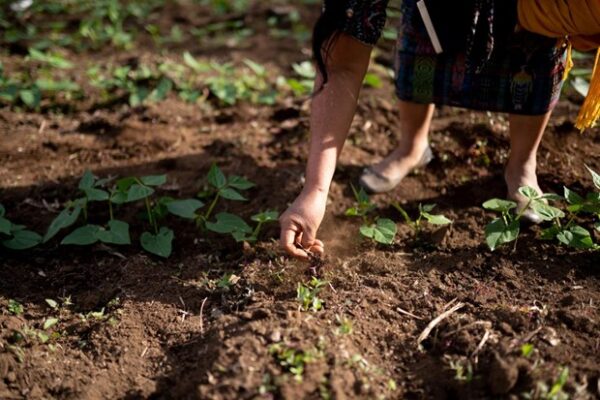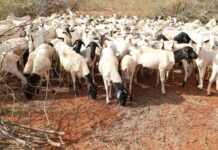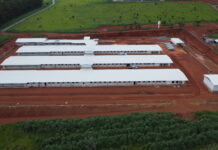To confront the intertwined challenge of climate change and food security, Antony Blinken, the US Secretary of State, announced today at the COP28 UN climate summit in Dubai that the US will contribute US$50 million to the Vision for Adapted Crops and Soils (VACS)’s new multi-donor trust fund, hosted by the UN’s International Fund for Agricultural Development (IFAD). The VACS initiative is aimed at boosting agricultural productivity and improved nutrition in rural communities of developing countries by better adapting crops and soils to the changing climate.
In expressing gratitude for the US State Department’s robust and timely support, IFAD’s President Alvaro Lario said: “The initiative aligns with our mission to provide the funds and technology needed to strengthen climate adaptation and empower small-scale food producers and rural communities to lead their own development. Adaptation is no longer a choice but a necessity.”
Small-scale food producers and small agribusiness received a mere 0.8% of all climate finance, despite their cornerstone role underpinning global food systems, producing one-third of the world’s food.
The US’ announcement is well-received news following the recent release of this new data by the Climate Policy Initiative, revealing a 44% drop in adaptation funds during 2019-2020, despite an overall increase in climate finance, dedicated mostly to mitigation activities.
VACS is a vital response to the expected 50% increase in global food demand by 2050; compounded by natural resource scarcity, a growing population reaching 10 billion, progressive urbanization and changing diets requiring larger amounts of resources like water, land, and feed to produce.
The challenging scenario is further disrupted by evermore frequent and intense extreme weather events that hinder food production. Case studies commissioned by IFAD on climate change impacts on a range of staple and cash crops in eight Southern African countries show that crop yields could drop by up to 80% in some cases.
VACS employs an innovative above-ground/below-ground approach to boost productivity and nutritional quality. Above-ground efforts concentrate on developing resilient and nutritious crop varieties through plant breeding and addressing challenges like pest resistance and erratic rainfall patterns. Below-ground activities optimize land use and advance soil management, including practices such as crop rotation, conservation tillage to reduce soil erosion, and using organic fertilizers like compost or biochar.
This holistic strategy will lead to more productive crops, built-in resilience against extreme weather, reduced reliance on costly inputs like fertilizers, and lower greenhouse gas emissions.
As the host of the VAC’s multi-donor trust fund, IFAD sees an opportunity to scale- up impacts through similar interventions throughout its programs, empowering farmers through access to proven technology and knowledge to improve crop production.








